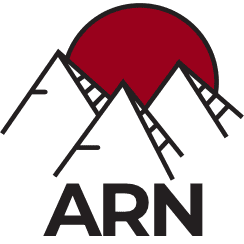New board members should in principle:
- Be knowledgeable in an academic field relevant to the research foci of the ARN, and have at some point conducted their own fieldwork in the ARN research area (as defined above).
- Possess significant linguistic abilities in at least one language relevant to the ARN research area (e.g. Tibetan, Chinese, Mongolian).
- Therefore, should be capable and in general be willing to act as a peer reviewer for the Mapping Amdo series if asked to do so by the current editors (peer review is only possible for board members with a completed PhD).
- Should in general hold a PhD degree in a relevant field. However, those who are in the process of completing a PhD can also be admitted.
Justified exceptions from these requirements are possible, but should remain exceptions.
The academic experience and expertise of new board members should ideally maintain or enhance the diversity represented within the board.
New board members can be nominated and voted for by the ARN members through general votes (the majority of present members is decisive), either at the occasion of a ARN workshop or via the ARN mailing list.
Board members can require another member to leave the board, again based on a 66 percent majority. Here, the person whose membership is subject to such a vote cannot participate in the voting.
Persons who are no longer able or willing to fulfil the general responsibilities of board members, especially of contributing to the continuity and development of the ARN, should consider leaving the board.


